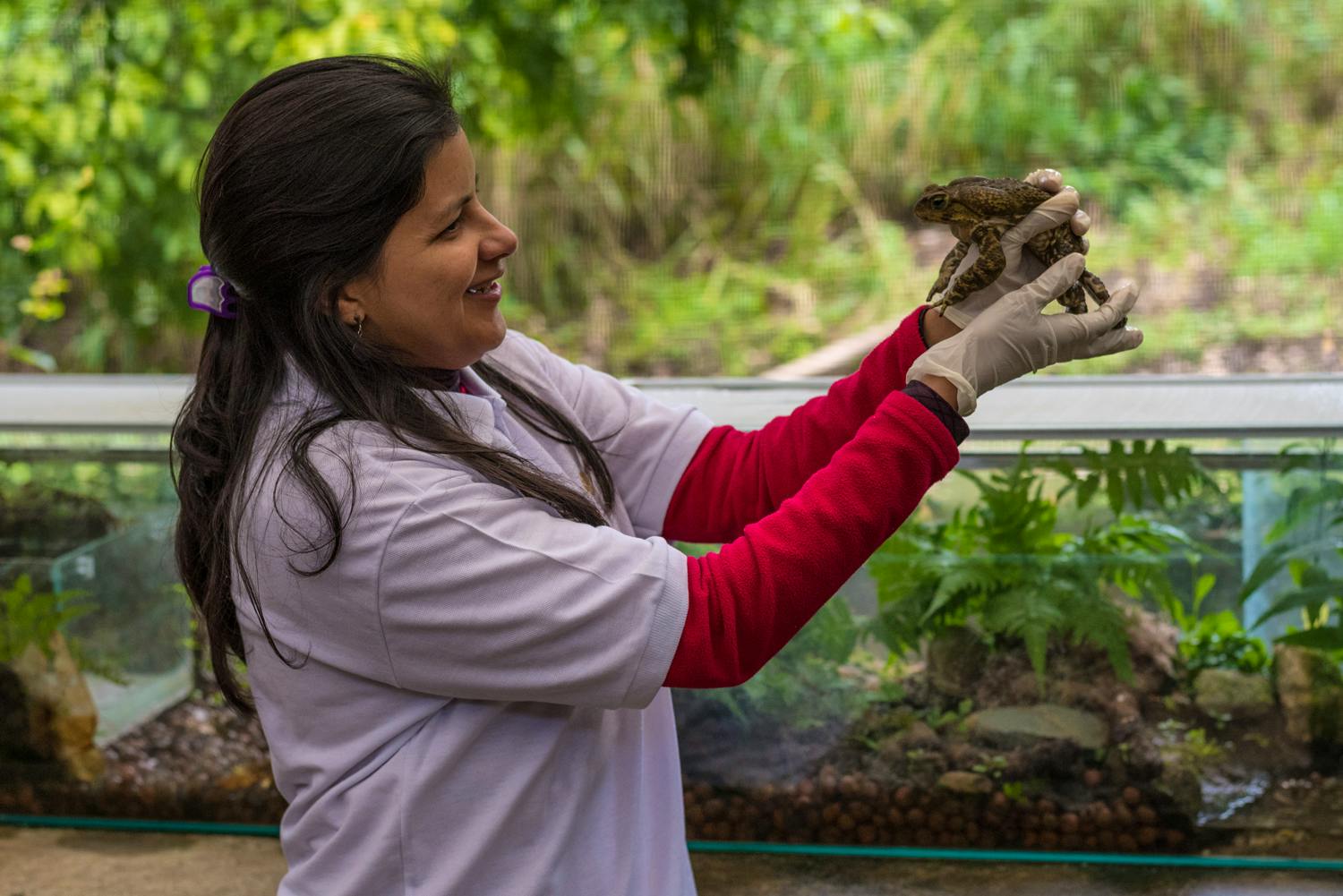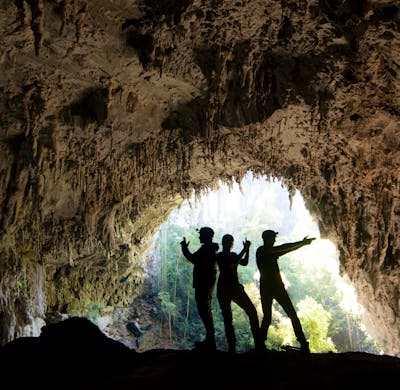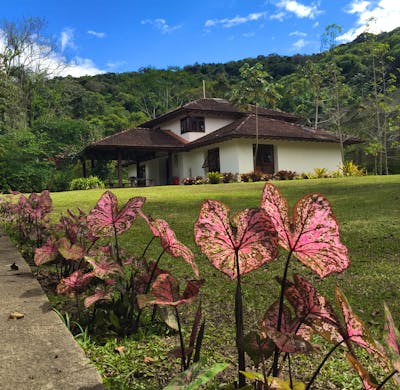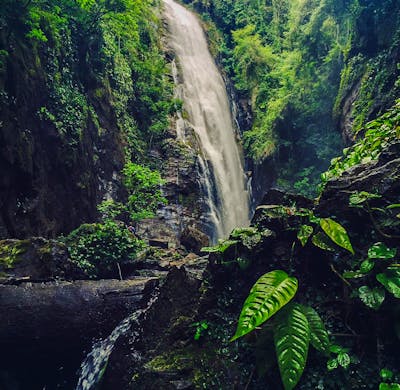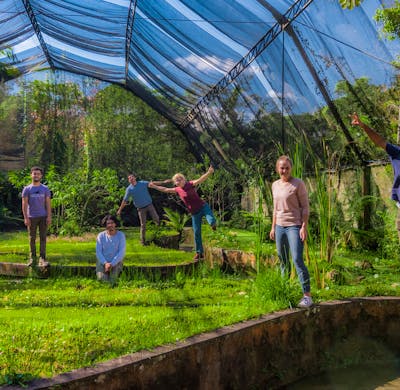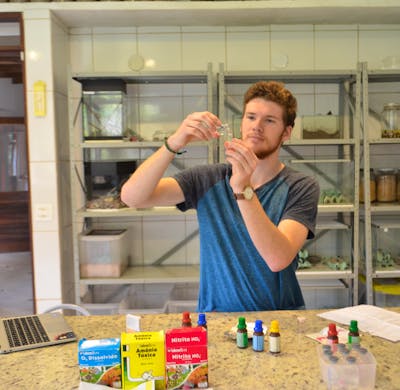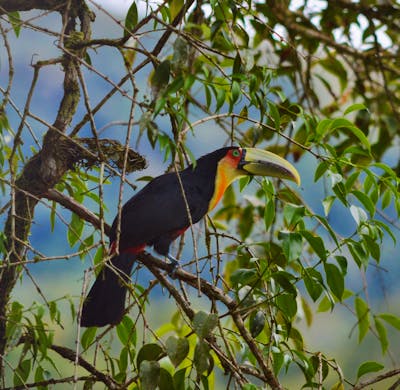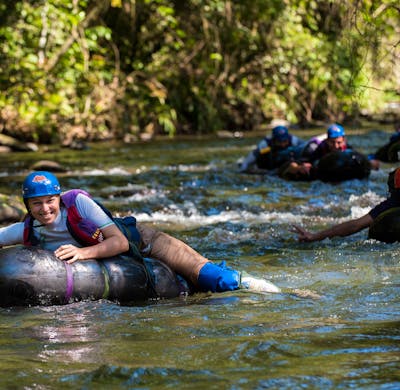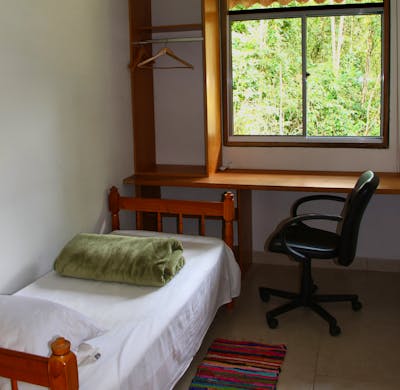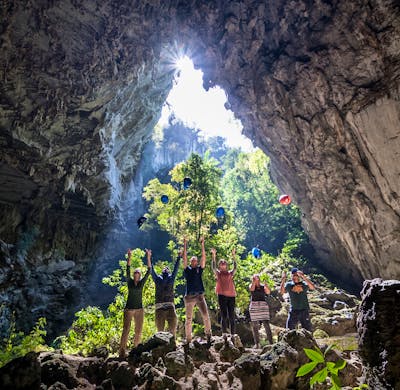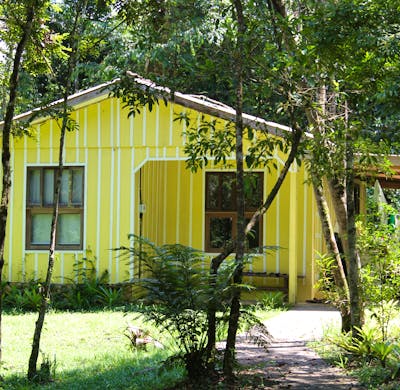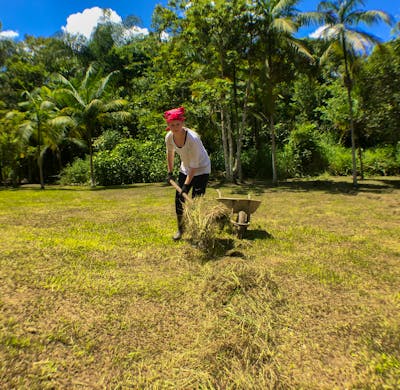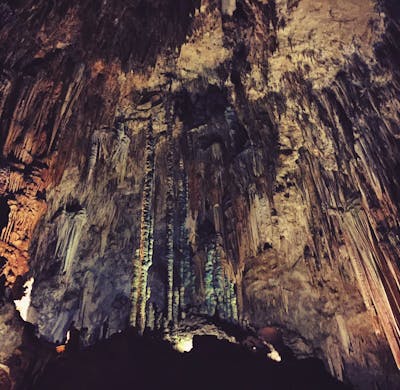2020 at Eco-Supporter
a partire da 588€
Eco-Supporter
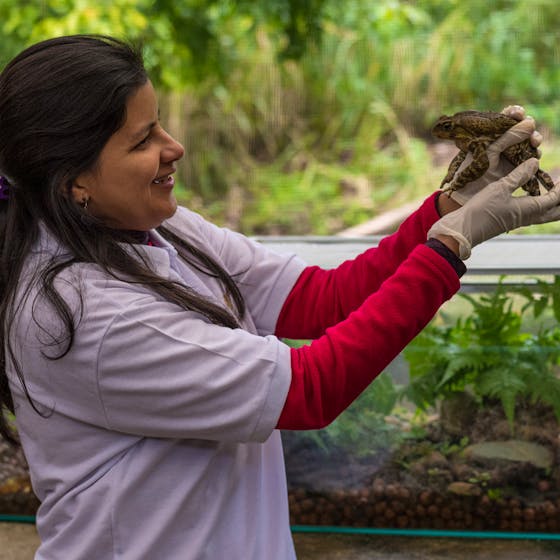
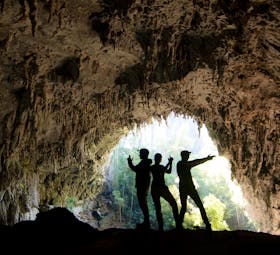
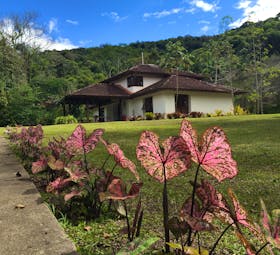
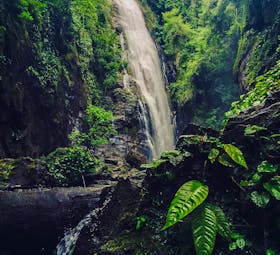
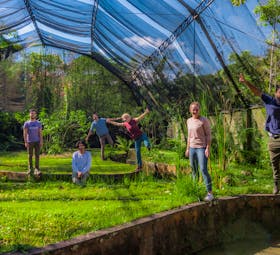
Particolarmente adatto per
Sul programma
The Eco-Volunteer role is a joint role between IPBio and Celine Release Center which contains a range of activities which are conducted in a group.
This role is a joint role between IPBio and Celine Release Center, also located on the reserve, who work in partnership on various conservation projects. The Eco-Volunteer role contains a range of activities which are conducted in a group. The majority of these tasks are field activities so this ...
Giornata tipica
A typical day is starting at 9am and heading into the forest to conduct the tree inventory which requires measuring, photographing and attempting to identify species of trees. At noon you will come back to make some lunch and have an hour break. After lunch we would help out with some of the reserve ...
Attività del tempo libero
- Caves: Iporanga is called “The Cave Capital of Brazil” with over 400 caves in the town. Below are just the highlights.
•Casa da Pedra is the world’s largest cave entrance of 215 meters. The trip involves a 2-hour hike to the opening where there is a place to sit down and have a picnic and ...
Requisiti
Servizi inclusi
Cosa NON è incluso?
Dettagli all'arrivo
The role is available all year long.
Tariffe del programma
Incontra il tuo ospite

IPBio - Reserva Betary
Non-profit - fondata nel 2014
Verificato da Volunteer World
Ospitato da
Imran
Sul progetto
95 recensioni ·  4.7
4.7
Posizione

Potreste essere interessati anche a
-
Gruppo
Natura
Coppia
Adulti
Volontariato in Inglese
Umanitarie
Progetti all estero
la tua Famiglia
piu dei 50 anni
America latina
